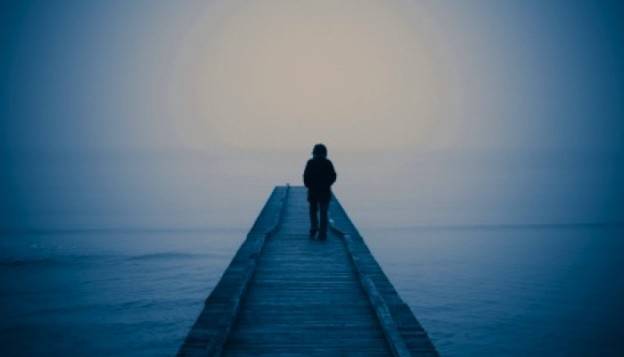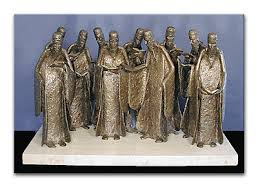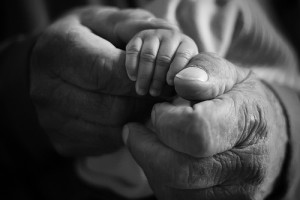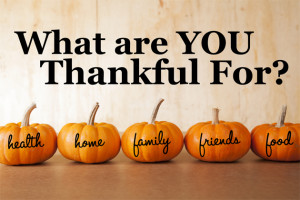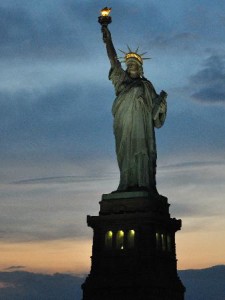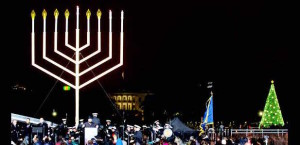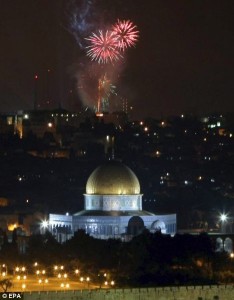Something bad happens a strange infirmity of the body called Tzaraat appears. Some say it is leprosy, others claim it to be the heartbreak of psoriasis. But it appears on clothing too. Either way, the priest confirms the affliction and the family is moved out of community. The priest tends to the affected individuals watching to confirm that the disease has passed so they can rejoin the population. Something else might be going on here however.
I was planning a Shiva Minyan teaching the other day and I saw the words of this parshah speaking to us about the grief-stricken family.
Something calamitous happens when a loved one dies. The loss shakes the family to their core and, as our tradition suggests in our rituals surrounding death, the shock and grief is overwhelming and incapacitating. The seven days of Shiva are marked by an abnegation of needs; the mourners sit on low stools, do not attend to basic items such as grooming, clothes are rent.
We in the community are tasked to keep a caring eye on the mourner. We check in with them regularly. We bring the Kehillah, or sacred community, to the mourner so they may engage in prayer even though they are unable to come to the synagogue. We bring them food to eat because they are unable to care for themselves. We offer love and support and succor. We watch over them until it is time for them to start the process of re-joining the community. We welcome them with caring embrace when they come back to the synagogue to say Kaddish. Like the priest helping the ailing, we are responsibility to the mourners through the period of Shiva through the time they can return. Shiva is like the exile of old from the community. It is imposed for reasons over which the person has no control but is rendered impure, or in this interpretation separated because of the trauma of loss.
Tazria shows us that although an ordeal separates the mourner from the community, the community has a responsibility to reach out and continue to support the grief-stricken, acknowledging the difficult place to which they are banished by loss, but caring for them providing protection and then a pathway back to home and life.

